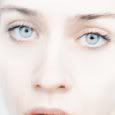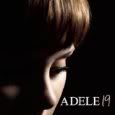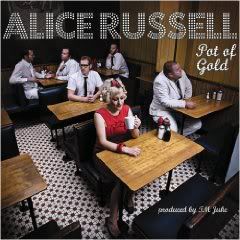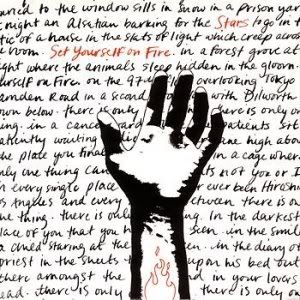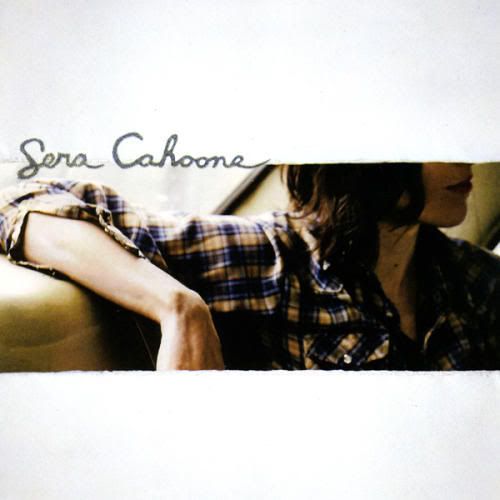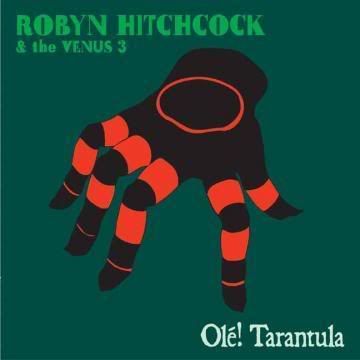
The first time the name P. D. James crossed my line of sight, it was on a book called
Death and Holy Orders. It was yet another crime novel in which someone of some ordained position comes to be mixed up in a crime scene, and reluctantly assists the detective who lost his or her faith... blah blah blah.
I'm honestly bored just writing it. But if you think I exaggerate, sometime look through the mystery section of a bookstore and pick out all of the books written in religious settings, and that was
before that
one thorn in my literary side became the book of the month for everybody and their theologically left-leaning mom.
So I initially dismissed P. D. James outright, and conveniently no one ever suggested I read her novels, so I was in the clear. Then Alfonso Cauron came along.
The Mexican-born director of
Y Tú Mama Tambien and
Harry Potter and the Prisoner of Azkaban (best film in the series to date, I don't care what you book purists say!) took on James'
The Children of Men I decided ol' P. D. needed another look.
The book centers around a fairly self-absorbed academic and recluse Theo, over the backdrop of England 20 years into the future after men have become inexplicably infertile. Theo cynically drifts through a world obsessed with porcelain dolls and the birth rites of kittens, but accepts the basic tenants promoted by the government — freedom from fear, freedom from want and freedom from boredom.
He accepts these tenants essentially because rebuking them would require some effort on his part, and he assumes that nothing he or anyone else can do nothing to change it. So before he's even determined whether or not he approves of the government as it stands, he's decided to quietly live his life visiting museums and reading books.
Then, as anyone would predict from a world where no more children exist, a woman becomes pregnant. That's all I'll say of the plot, other than Theo becomes closely tied to this pregnancy and is forced to consider his place in the world.
The theological conversations, putting aside for the moment the well-discussed and often-replicated futuristic dystopia, are really quite incredible. In one scene, Theo is explaining to a group called "The Five Fishes" why he won't assist them in attempting to change the government.
"We may have the best that is possible in the circumstances. There was wide support for setting up the Man Penal Colony. No government can act in advance of the moral will of the people."
Julian said: "Then we have to change the moral will. We have to change people."
Theo laughed. "Oh, that's the kind of rebellion you have in mind? Not the system but human hearts and minds. You're the most dangerous revolutionaries of all, or would be if you had the slightest idea how to begin, the slightest chance of succeeding."
Julian asked, as if seriously interested in his answer: "How would you begin?"
"I wouldn't. History tells me what happens to people who do. You have one reminder on that chain round your neck."
And the religious questions go on, but I give James credit for allowing the characters to have stick-to-itiveness about their beliefs. By the end of the book, no one has said "Gosh, all this experience has made me a believer," nor did some terribly inhumane things reverse the religious-minded. It was almost as if James wanted to present christian and atheistic thoughts together for a literary compare-contrast, and from my perspective, she offers both a fair shake.
I guess this is my way of recommending the book, but I warn you that, unlike movies where you don't know when it's going to end, you'll reach the last chapter, see the last few pages coming and go "Oh god! How will this be resolved!" Don't kid yourself into thinking you'll be getting a happy little epilogue, in fact the book left me wondering whether the ending was in fact happy or sad. I would suspect it's up to the reader to decide whether the turn of events will be for the good or ill of humanity.
Next step! Bumping Alfonso Cauron's take on the story to the top of my Netflix queue.






